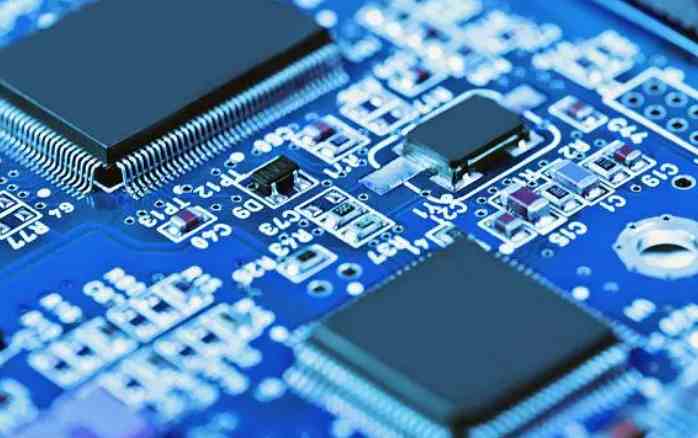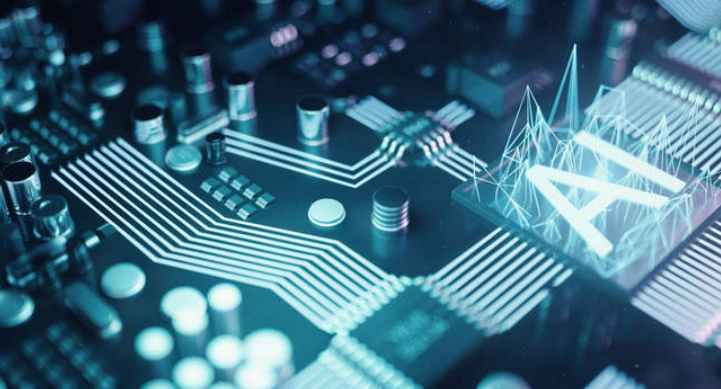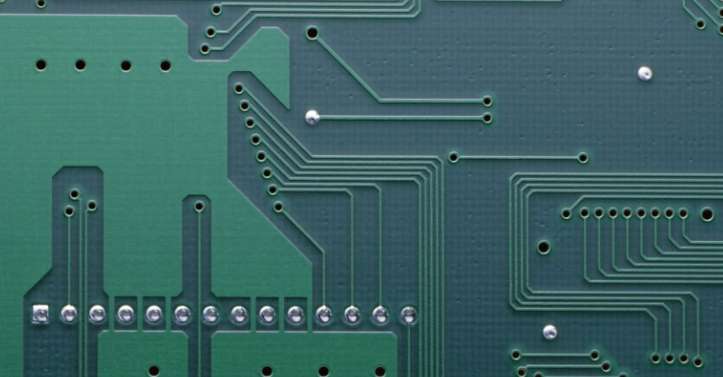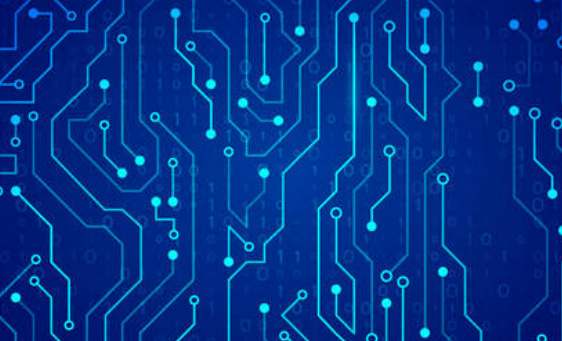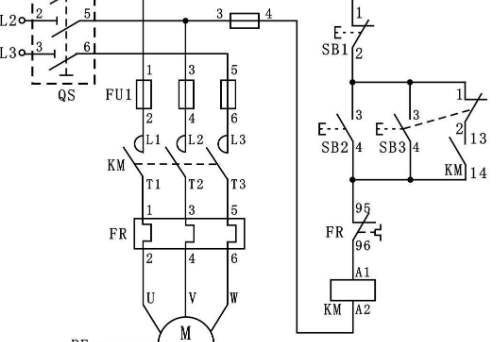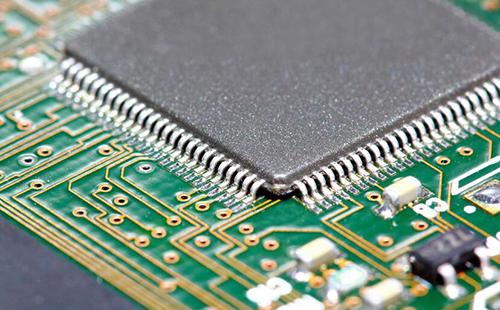
Because electronic products need precision technology and certain environmental and safety adaptability, thus promoted PCB board electroplating technology great progress. In PCB electroplating, the chemical analysis of organic compounds and metal additives is more and more complex, and the chemical reaction process is more and more accurate.
But even so, PCB board electroplating will still from time to time appear plate edge burning problem, so what is the root cause of the problem?

The cause of printed circuit board edge burning during electroplating is roughly:
(1) Current density is too high
Each bath has its optimal range of current density.
The current density is too low, the coating grain coarseness, even can not deposit coating. When the current density increases, the cathode polarization increases, resulting in dense coating and higher plating speed. However, if the current density is too high, the coating will be blackened or scorched;
(2) insufficient additives
In simple salt electroplating, if the additive is added too much, the additive film produced by adsorption is too thick, and the main salt metal ions are difficult to penetrate the adsorption layer to discharge, but H+ is a small proton, easy to penetrate the adsorption layer to discharge hydrogen, and the coating is easy to burn. In addition, too many additives have other side effects, so any additives, brighteners must adhere to the principle of less often.
(3) The tin lead anode is too long
Anode is too long and the workpiece is too short, the power line at the lower end of the workpiece is too dense, easy to burn; When the anode distribution in the horizontal direction is much longer than the length of the workpiece placed horizontally, the power lines at both ends of the workpiece are dense and easy to burn.
(4) Insufficient tank circulation or agitation
Stirring is the main means to increase the mass transfer speed. By moving or rotating the cathode, the relative flow between the liquid layer on the workpiece surface and the plating solution at a distance can occur. The greater the stirring intensity, the better the mass transfer effect. Under stirring, the surface liquid flow is uneven, resulting in coating charring.
(5) insufficient tin and lead content
Insufficient metal content, the current is slightly larger, H+ easy to take advantage of the machine discharge, the bath body diffusion and electromigration speed becomes low, resulting in burning situation.
In addition, there are other reasons for the burning condition
Organic pollution; Metal impurity pollution; Excessive amount of lead in the coating; Anode mud into the tank; The attachment pair of lead fluoride particles produced by fluoroborate hydrolysis will lead to burning of PCB circuit board during electroplating.


